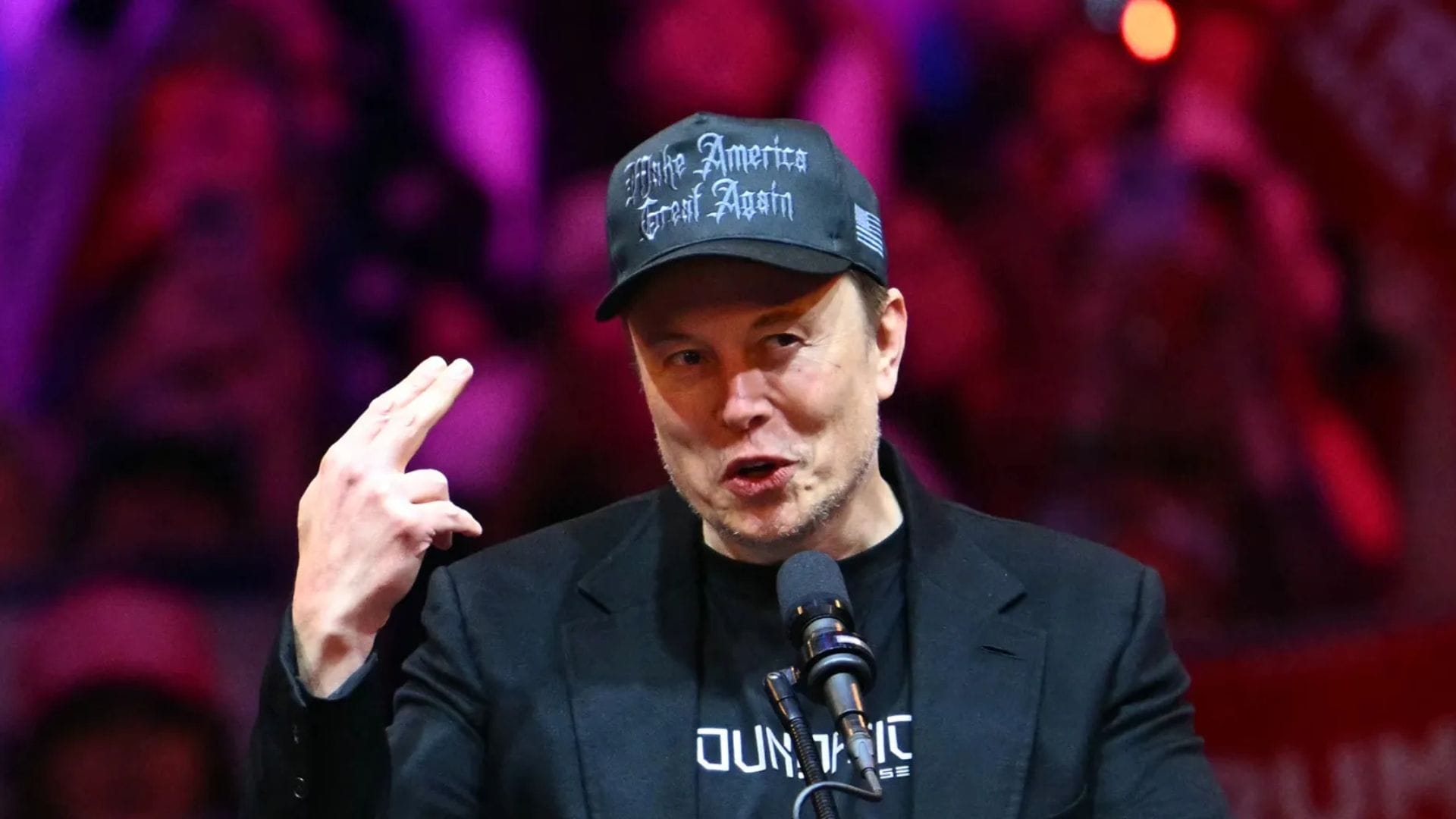Elon Musk set to invest US$10 billion in AI this year
Elon Musk plans to spend US$10 billion this year on AI development through Tesla and xAI as the race for AI dominance among tech giants heats up.

Elon Musk’s ambitious plans for artificial intelligence (AI) are set to reach unprecedented heights, with around US$10 billion in combined spending across his companies, Tesla and xAI. According to Tesla investor Sawyer Merritt, this investment is directed at boosting AI capabilities through powerful compute infrastructure, enhancing Tesla’s Full Self-Driving program, and supporting xAI’s mission to create the world’s most advanced AI system.
Table Of Content
By the end of this year, Elon Musk’s companies (Tesla & xAI) will have brought online roughly $10 billion worth of training compute capacity in 2024 alone.
— Sawyer Merritt (@SawyerMerritt) October 29, 2024
Tesla already deployed and is training ahead of schedule on a 29,000 unit Nvidia H100 cluster at Giga Texas – and will have… pic.twitter.com/UgvmsBLuQp
Tesla’s AI advancements: Breaking new ground with Nvidia and Dojo
In a recent social media post, Merritt revealed that Tesla has made significant progress, particularly with its AI compute power, which uses Nvidia’s H100 GPUs. At Tesla’s Giga Texas facility, a cluster of 29,000 Nvidia H100 GPUs is already active, and the company plans to grow its capacity to 50,000 H100 GPUs by the end of October. Tesla’s AI compute resources should reach approximately 85,000 H100 GPUs by December.
In addition to Nvidia GPUs, Tesla has developed its own AI chips, called Dojo chips, specifically designed to enhance its Full Self-Driving program. In August, Tesla launched its Cortex AI cluster, which relies on a mix of 50,000 Nvidia H100 GPUs and an additional 20,000 Dojo chips. Following this, Tesla unveiled its Colossus supercomputer in September, which is expected to include a mix of 50,000 H100 and 50,000 H200 GPUs soon, significantly expanding its processing power for AI tasks in the coming months.
xAI’s Memphis supercomputer: Pushing the limits of AI power
Meanwhile, xAI, Musk’s latest venture in the AI field, is progressing with massive investments in AI infrastructure. In July, xAI began constructing its supercomputer, known as Memphis, at a repurposed Electrolux factory in Memphis, Tennessee, dubbed the “Gigafactory of Compute.” Musk has stated that Memphis is “the most powerful AI training cluster in the world.” The system, operational in September, harnesses a staggering 100,000 Nvidia H100 GPUs. Musk has even pledged to double this capacity shortly, aiming to make Memphis central to developing the world’s most powerful AI, which is anticipated to be an advanced model known as Grok 3.
Though xAI has not disclosed the total cost of Memphis, industry estimates suggest the GPUs alone could have cost around US$2 billion. Musk’s goal is to position xAI as a leader in AI development by every metric by the end of the year.
Meeting industry competition and investment trends
Musk’s US$10 billion investment is substantial, yet it places Tesla and xAI slightly behind other industry giants like Microsoft, OpenAI, and Google. In April, Musk announced that Tesla alone would spend US$20 billion on AI development this year, particularly training and inference AI, to support the Full Self-Driving program. Despite these adjustments, Musk remains committed to the importance of significant AI investment, arguing that only companies prepared to spend at this level can remain competitive.
Tesla will spend around $10B this year in combined training and inference AI, the latter being primarily in car.
— Elon Musk (@elonmusk) April 28, 2024
Any company not spending at this level, and doing so efficiently, cannot compete.
By comparison, OpenAI is set to spend around US$7 billion on AI computing power this year, reflecting the scale needed to support cutting-edge AI research and operations. This comes after OpenAI secured US$6.6 billion in funding in October, which brings its valuation to US$157 billion. According to OpenAI, this funding will support its goal of advancing AI research and increasing its compute resources.
Other AI leaders have also ramped up spending. A Reuters report from Thursday highlighted that both Microsoft and Meta are dedicating vast resources to AI infrastructure. Microsoft, for example, has doubled its capital expenditure each quarter compared to pre-2020 levels. Its AI and cloud spending surged by 5% in the first quarter of 2024, with US$20 billion allocated and even more expected in Q2. In a similar push, Meta is investing as much in each quarter of 2024 as it did annually up until 2017.
Google is also heavily investing in AI, with US$13 billion spent on capital infrastructure in Q3 alone, marking a 63% increase year-over-year. Since the start of 2024, Google has invested US$38 billion in compute infrastructure, representing an 80% jump from the first three quarters of 2023.
Despite Musk’s extensive spending, the US$10 billion investment between Tesla and xAI now appears modest compared to the larger-scale investments made by other tech giants. However, with Musk’s history of innovation, these developments in AI could significantly impact both Tesla’s and xAI’s positions within the evolving AI industry.
















